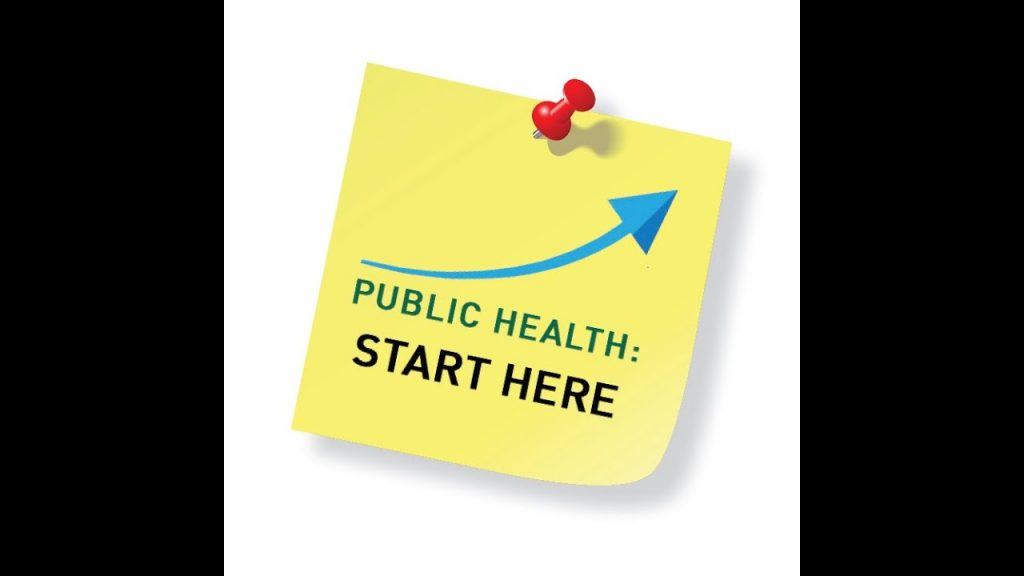The National Institutes of Health (NIH) launched the Home Test to Treat Program, piloting exclusively in Berks County, Pennsylvania. Created in partnership with eMed, a leader in on-demand virtual care and access to treatment, the program is an entirely virtual community health intervention that provides free COVID-19 health services — including eMed at-home rapid tests, telehealth visits if tested positive, and at-home treatments. Participants 18 years and older can be the first in the county register now at test2treat.org.
The program, first announced by the White House in September 2022, will make clinical evaluations and antiviral treatment available at home through telehealth for eligible individuals at no cost, which could prevent severe illness, hospitalization, or death. Through this effort, millions of Americans will have enhanced access to testing and treatment without leaving home. Individuals in the Home Test to Treat program will have three options to participate:
1) enroll and immediately get shipped six eMed Telehealth kits ahead of time so that they can be prepared to get the easiest and fastest access to treatment if or when infected,
2) enroll and, if exposed, request six eMed telehealth kits (which include tests, telehealth, and access to treatment if positive), or
3) individuals who test on their own at home can request an eMed telehealth visit if symptomatic and self-attest to being positive.
People will be able to participate through smartphones or computers or may even access the program through a telephone-only option. The initiative will improve equitable access to care, reduce the time from symptom onset to treatment, reduce the risk of viral transmission to the public, and alleviate the burden on healthcare settings and pharmacy staff.
eMed has provided millions of its Telehealth Kits™ for over a year to states, public health departments, businesses, and individual consumers seeking at-home Test to Treat options. The NIH program is an extension of this mission, leveraging eMed’s Test to Treat™ capabilities with its Digital Trials and Community Research platforms.
“We are excited to be a part of the ongoing efforts of NIH and RADx to develop the evidence base for rapid and timely access to at-home diagnostic testing and therapeutics,” said eMed Co-founder and CEO Dr. Patrice Harris. “Equitable access to testing and treatment is a core value for us at eMed.”
The NIH RADx initiative will integrate digital test reporting, telehealth, home treatment delivery, and remote monitoring to address current equity obstacles while collecting critical data from program participants to inform future test-to-treat programs.
“We are proud to be a partner enabling this important program. eMed was founded to improve how Americans can access care and treatment from home,” said eMed Chief Science Officer and public health expert Michael Mina, MD, Ph.D. “eMed reduces financial and logistical barriers that normally prevent or delay treatment for common illnesses. The risk of additional spread of infections is cut down by allowing sick and infectious people to stay home while increasing access to treatment. The NIH program makes use of our core competencies and shows the importance of using digital technologies to respond to epidemics like COVID-19 efficiently.”
Berks County, Pennsylvania, will be the first location to pilot the Home Test to Treat Program. The goal of the first site is to enroll up to 8,000 participants in the community. eMed, along with UMass Chan Medical School Researchers and the NIH, CDC, among others, will gather information from participants to identify best practices and make improvements to the Home Test to Treat model that can be used to implement the program on a larger scale. Additional communities across the country will be selected to participate based on the level of community need, access to healthcare treatment, expected COVID-19 infection rates, and socio-economic factors. Ultimately the program hopes to open nationally and enroll approximately 80,000 people across the United States.
Researchers at the UMass Chan Medical School, in collaboration with researchers at eMed, will analyze data collected from each participating community, including the impacts of a home-based process for testing and treatment, individual attitudes about the Home Test to Treat Program, and clinical outcomes from treatments.




